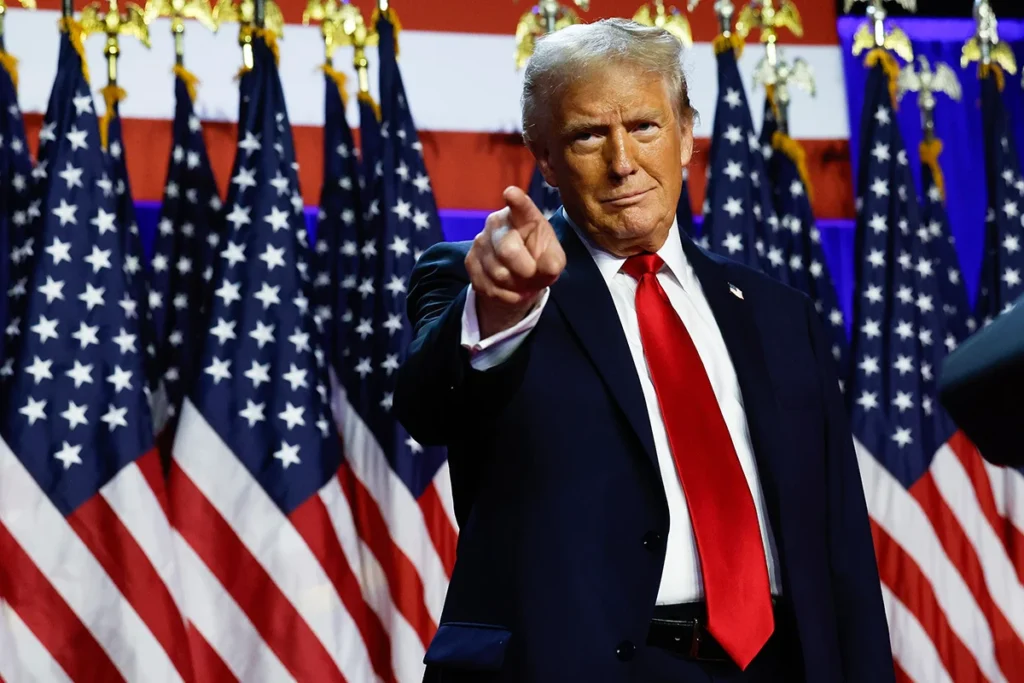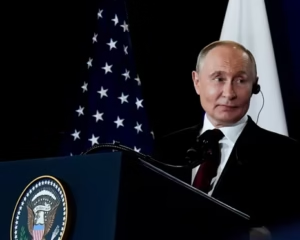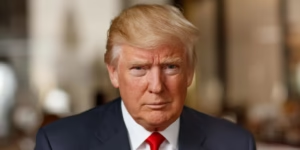Trump Warns of 100% Tariff on BRICS Nations If They Attempt to Ditch the Dollar

US President-elect Donald Trump has issued a firm warning to the BRICS countries, threatening to impose 100% tariffs on their exports if they attempt to create a currency that could rival the US dollar. The statement, made on his social media platform Truth Social, signals a tough stance on any efforts to challenge the dominance of the dollar in global trade.
Trump’s comments were directed at the BRICS nations—Brazil, Russia, India, China, South Africa, Iran, Egypt, Ethiopia, and the UAE—who have been discussing ways to reduce their reliance on the US dollar. Trump wrote on Saturday that the idea of these countries trying to move away from the dollar is “OVER,” making it clear that the US would not stand by passively while these nations attempt to undermine the global financial system.
The BRICS countries, which are largely emerging economies, have been exploring the creation of a new currency or other mechanisms that could decrease the role of the US dollar in global trade and finance. Russia and Brazil, in particular, have raised the idea of establishing a BRICS-backed currency, but progress has been slow due to internal disagreements among the member nations.
Trump, who has previously campaigned on implementing strong trade policies, escalated his rhetoric by threatening severe economic consequences if the BRICS countries move forward with their plans. “We require a commitment from these countries that they will neither create a new BRICS currency nor back any other currency to replace the mighty US dollar,” Trump stated. He went further to warn that any such action would lead to a 100% tariff on their exports to the US. “They can go find another sucker,” he added, underscoring his hardline approach to trade negotiations.
Some of Trump’s allies, however, have suggested that his statements may be part of a broader negotiation tactic rather than a definitive policy. Texas Senator Ted Cruz defended Trump’s aggressive rhetoric, emphasizing the importance of leverage in international negotiations. Cruz noted that Trump’s use of tariff threats—such as those imposed on Mexico and Canada—has already led to substantial action. “You look at the threat of tariffs against Mexico and Canada, and it immediately produced action,” Cruz stated during an appearance on CBS News’ Face the Nation.
The timing of Trump’s warning comes amid growing international interest in reducing reliance on the US dollar. For example, Canadian Prime Minister Justin Trudeau made an unscheduled visit to Trump’s Mar-a-Lago estate in Florida, seemingly to discuss concerns over the possibility of a 25% tariff on Canadian exports. This diplomatic visit highlights the ongoing negotiations and the potential global ramifications of Trump’s trade policies.
Scott Bessent, Trump’s pick for Treasury Secretary, has previously suggested that Trump’s tough trade rhetoric is part of his overall strategy for negotiating favorable terms. “My general view is that at the end of the day, he’s a free trader,” Bessent said in an interview with the Financial Times. He explained that Trump’s approach is to “escalate to de-escalate,” meaning that by starting with aggressive threats, he hopes to force concessions before backing down.
Tariffs are a cornerstone of Trump’s economic philosophy, which focuses on protecting American industries, creating jobs, and boosting government revenue. While Trump has argued that tariffs will not harm US consumers but instead shift the burden to foreign countries, economists argue that the cost is ultimately borne by American businesses and consumers. Under Trump’s presidency, several tariffs were implemented, many of which remain in place under his successor, President Joe Biden.
Critics of Trump’s tariff policies contend that they can lead to higher costs for consumers and disrupt global supply chains, with the burden of tariffs falling on domestic firms that import goods. While tariffs may offer short-term relief to specific industries, studies show that in the long run, the impact on the broader economy can be negative. Many analysts believe that the higher prices resulting from tariffs are passed on to US consumers, who ultimately bear the cost.
As Trump prepares to assume office on January 20, 2025, the global community is closely monitoring how his administration will navigate relations with the BRICS nations and other international players, especially as efforts to challenge the US dollar’s central role in global trade continue to gain momentum. The future of global currency dynamics could be significantly shaped by the outcomes of these negotiations and the broader economic policies of the incoming administration.







